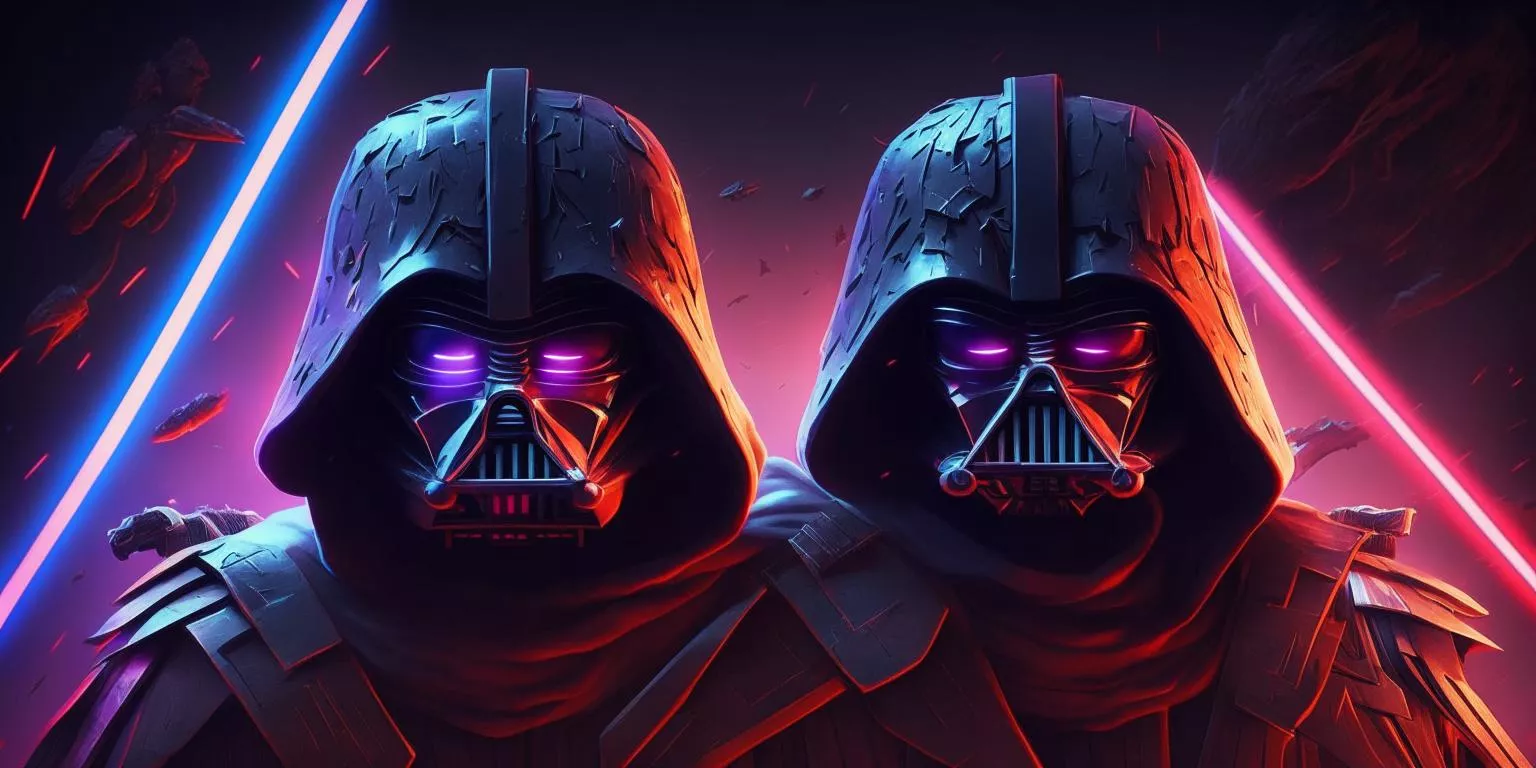At first glance, “Fortnite” appears to epitomize success in the video game industry. Despite receiving a lukewarm response for “Fortnite: Save the World,” developer Epic Games made an astounding comeback with the introduction of its battle royale mode. This strategic move propelled the game into the limelight and resulted in unprecedented growth for the studio. However, it’s important to recognize that “Fortnite” encompasses more than just crossover events and piñatas.
Since its inception, “Fortnite” has gradually developed a questionable side. Its battle royale component, which is the primary source of its remarkable prosperity, borrows several elements directly from “PUBG,” the game that initially popularized the genre. It’s worth noting that “PUBG” was built using Unreal Engine, a technology owned by Epic Games. This connection raises doubts about the numerous similarities between the two games. Furthermore, “Fortnite” has faced an array of controversies since its initial surge in popularity, resulting in a flood of complaints, accusations, and legal disputes.
Fortnite’s Twitch Milestones and Controversial Tactics

In 2018, “Fortnite” made waves on Twitch when Ninja teamed up with Drake, Travis Scott, and Juju Smith-Schuster for an epic gaming session, attracting a staggering 650,000 concurrent viewers. This marked a non-tournament streaming record at the time.
The Device Event: Breaking Twitch Records In 2020, “Fortnite” achieved even greater success on Twitch with its season finale event, The Device, which garnered a remarkable 2.3 million live viewers across all channels. This broke the all-time concurrent viewership record on Twitch, surpassing the 2019 “League of Legends” World Championship.
Questionable Tactics and Player Limitations However, the way “Fortnite” secured this milestone left many gamers skeptical. On the day of The Device event, Epic Games tweeted that the slots would be limited and encouraged players to queue 30 minutes in advance. To the disappointment of many, the game quickly reached its 12 million player cap before the event began. Epic then directed those unable to participate to watch the event on Twitch, YouTube, or Mixer. While the company claimed it limited participation for game “stability,” some criticized this move as a deliberate ploy to boost streaming records by excluding players from the experience.
Epic Games’ FTC Settlement and “Fortnite” Impact Debate
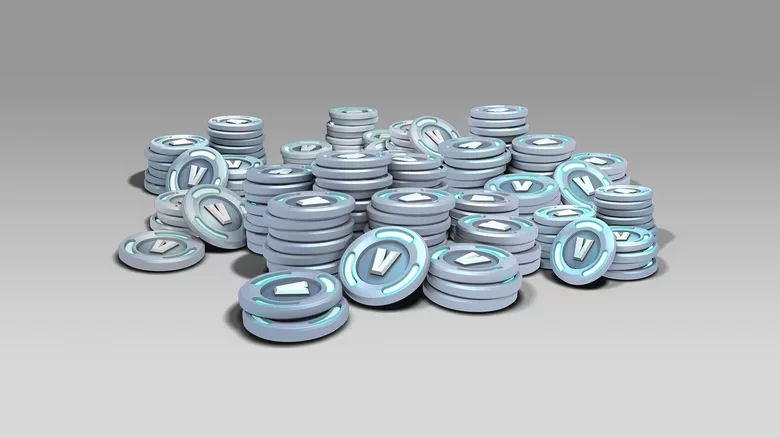
“Fortnite,” known as one of the most globally renowned games, frequently faces criticism for its interactions with its primary audience: children. In late 2022, the Federal Trade Commission (FTC) concluded that Epic Games, the developer of “Fortnite,” would need to pay a substantial settlement of $520 million in response to two filed complaints. The first complaint accused the company of violating the Children’s Online Privacy Protection Act (COPPA) through improper personal information collection practices and default communication settings. The second complaint alleged that Epic Games employed manipulative tactics, referred to as “dark patterns,” to deceive players into making unwanted purchases, resulting in unauthorized charges incurred by children without parental consent.
Epic Games consented to the settlement, emphasizing their commitment to consumer protection and providing an optimal experience for players. They outlined various modifications implemented in “Fortnite,” addressing some of the concerns raised by the FTC. However, while expressing this stance, the company denied that their practices aligned with those described in the FTC’s complaints. Notably, Epic Games did not address the FTC’s assertion that “Fortnite” exposed children and teens to bullying, threats, harassment, as well as psychologically distressing issues like suicide.
As part of the settlement, the FTC announced its intention to allocate $245 million from the payment received from Epic Games for refunding affected “Fortnite” players. Despite these developments, the impact of “Fortnite” on children remains a highly debated topic, with contrasting perspectives on whether it has negative effects.
Questionable Practices
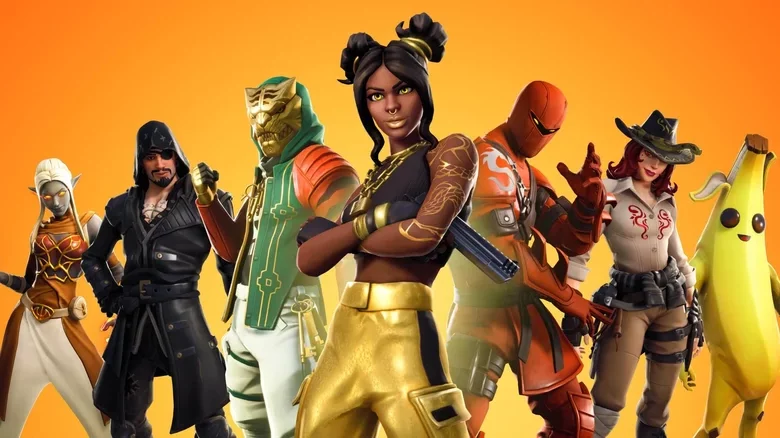
Long before the FTC intervention, concerns regarding Epic’s potentially exploitative relationship with children who play “Fortnite” had already emerged. A significant instance unfolded during the Epic v. Apple court proceedings in mid-2021, held in the United States District Court for the Northern District of California. The trial stemmed from Epic’s lawsuit against Apple, primarily focusing on the purchase policies of the iOS Apple Store.
Among the various arguments presented during the lawsuit, a particular moment raised eyebrows regarding access to V-Bucks, the in-game currency of “Fortnite.” Epic expressed its desire to simplify the process of purchasing V-Bucks, prompting Judge Yvonne Gonzalez Rogers to question whether the company truly had the best interests of its customers, many of whom are minors, in mind.
Judge Rogers voiced her concerns, asking, “Why should we encourage them to make impulsive purchases?” Her inquiry raised doubts about Epic’s intentions, particularly regarding the potential impact on children. Epic CEO Tim Sweeney acknowledged the question but did not address its darker implications, particularly in relation to minors. Instead, he reiterated his company’s commitment to enhancing “customer convenience.”
Epic Games and Adriana Chechik Incident
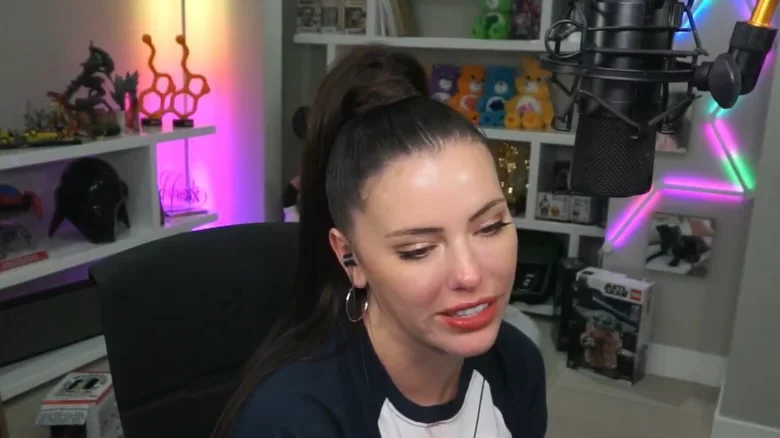
In August 2022, Epic Games faced criticism when streamer Adriana Chechik disclosed that she had been disqualified from participating in the “Fortnite” Twitch Rivals No Build Event. Chechik revealed that she received the news only an hour before the tournament was scheduled to begin and attributed her disqualification to her involvement in the adult entertainment industry. During her stream, Chechik stated, “Epic Games didn’t approve of my background.” This decision and its handling sparked a significant amount of debate on social media, with some condemning it as “dehumanizing” and discriminatory.
Following the public attention surrounding Chechik’s situation, the official “Fortnite” Twitter account issued an apology and an explanation. They wrote, “We deeply apologize for what happened. Our request to @TwitchRivals was to collaborate with you in removing adult references from your stream’s background due to our game’s rating. We have no objection to your participation in events or streaming Fortnite.”
While some people viewed Epic’s response positively, Chechik ultimately did not get to participate in the Twitch Rivals No Build Event. Furthermore, this incident may have influenced Twitch’s subsequent decision to temporarily ban Chechik the following day. However, she was quickly able to resume streaming on the platform.
Legal Battles and Minors in Fortnite Cheating
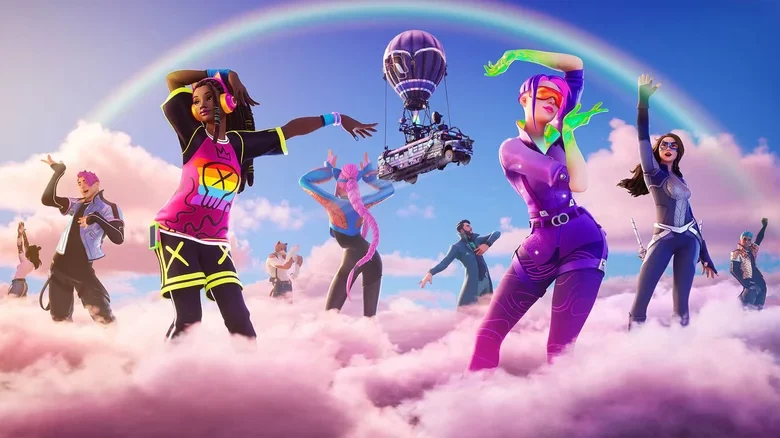
Epic Games has consistently shown its zero-tolerance policy towards cheating in “Fortnite.” A notable example is the permanent ban of FaZe Jarvis in 2019 after he admitted to using aimbots in the battle royale game. Although Jarvis was 17 years old at the time, he is not the youngest individual targeted by the gaming company for cheating.
Epic Games has taken legal action against minors on at least two occasions for allegedly showcasing “Fortnite” hacks on YouTube, as reported by PC Gamer. The company claimed that these actions violated the game’s end-user license agreement (EULA) and infringed upon its copyright.
In one instance, the defendant’s mother criticized Epic Games in a letter to the judge, accusing the company of mishandling the lawsuit. She argued that Epic had unlawfully made her son’s name public and was unfairly using a 14-year-old child as a scapegoat for setting an example. Although both lawsuits eventually reached settlements, they raised concerns about the appropriateness of targeting minors with legal action for cheating in a video game. However, Epic Games stated that at least one of the cases could have been avoided if the minor had not filed a “DMCA counterclaim” after his “Fortnite” hack video was removed, as reported by Kotaku.
Video Game Addiction Debates
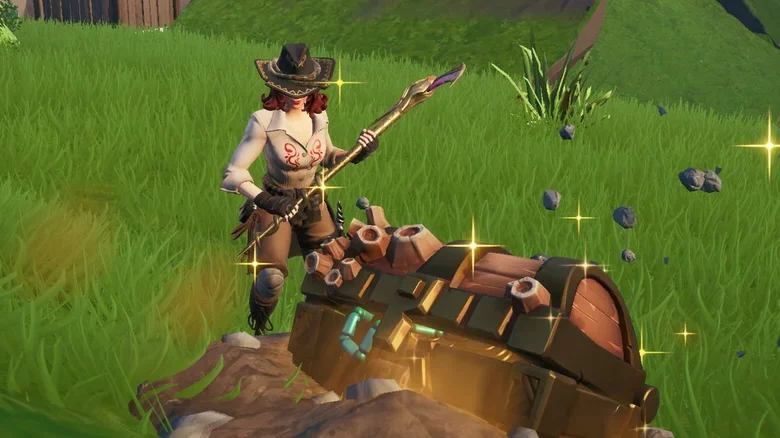
In 2019, Epic Games faced a class action lawsuit initiated by a Canadian law firm. The lawsuit garnered attention for comparing playing “Fortnite” to cocaine use. Calex Légal, the firm behind the suit, alleged that the game developers had collaborated with psychologists to enhance its addictive qualities. Citing a precedent set for the tobacco industry, the lawsuit argued that Epic Games should be held responsible for damages due to the lack of upfront warnings about the potential dangers of excessive gameplay, particularly for minors.
At the end of 2022, a Quebec judge approved the lawsuit to proceed, indicating the judge found potential merit in the claims made in the legal notice. It is important to note that this approval does not indicate the claims have been proven. Despite Epic Games vehemently disagreeing with the lawsuit, it will continue to move forward.
The topic of video game addiction remains a subject of debate. While the World Health Organization recognizes gaming disorder as a condition requiring treatment, the American Psychiatric Association has not yet reached a conclusive stance on video game addiction. However, the association acknowledges that a growing body of research suggests gaming addiction may be a genuine and widespread problem.
“Fortnite” Success and the Toll on Workers: Crunch and Overtime Woes

Since its launch in 2017, “Fortnite” has gained a massive player base and generated billions in revenue. However, behind the scenes, the journey to building Epic’s gaming empire took a toll on employees and freelancers. According to Polygon, achieving those remarkable numbers required grueling work weeks of 70 to 100 hours. Contractors shared stories of intense pressure to work excessive overtime, leading to mental and physical consequences.
In the past, crunch periods would typically ease after a game’s release. However, the games-as-a-service model, exemplified by “Fortnite,” has resulted in an ongoing stream of deadlines. The game continuously rolls out updates, patches, and seasonal content, creating an unsustainable cycle. Polygon’s sources revealed that staff and freelancers often faced termination if they declined overtime, with management referring to them as disposable “bodies” easily replaced once their usefulness was exhausted.
Epic Games acknowledged the presence of overtime following the success of “Fortnite” Battle Royale but denied the extreme situations described in the Polygon report. The current state of crunch at the company remains uncertain. However, in 2022, Epic converted hundreds of contract workers, particularly those in quality assurance (QA), into full-time employees with benefits, as reported by The Verge.
